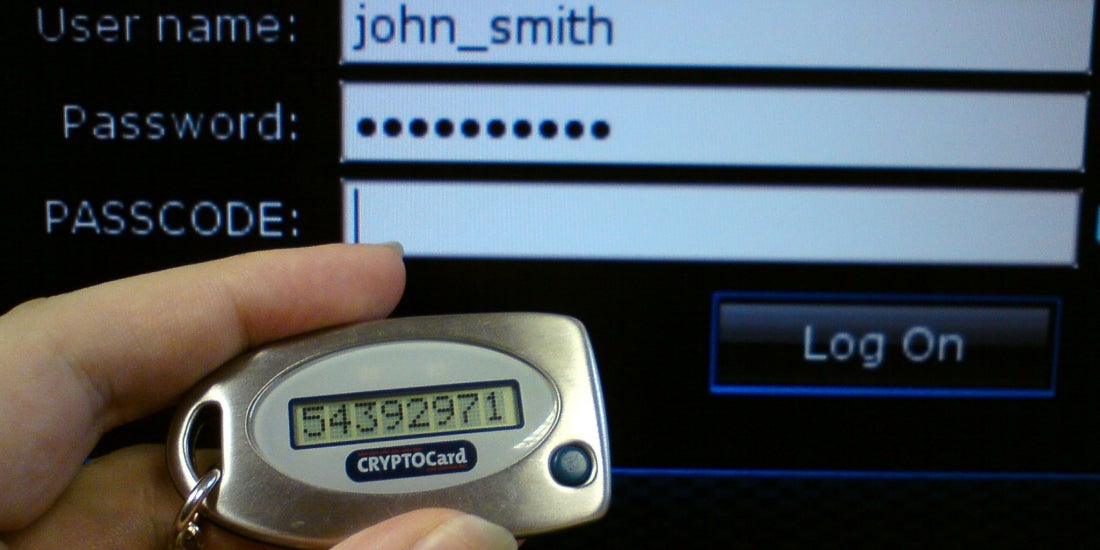Author: Alessio Di Mauro
-

YubiKey 4(096): You Asked, We Delivered In a previous blog post I talked about RSA key length and argued why a 2048-bit key is still a viable choice today. However, here at Yubico we do not like to remain idle, twiddling our thumbs. We are constantly improving our products. As a result of these efforts, earlier this month, we launched the […] Read more cryptography developers YubiKey 4 -

The Big Debate, 2048 vs. 4096, Yubico’s Position In Part 2, we got a better understanding of what an algorithm like RSA does and what the length of a key entails. Now, in Part 3, we can talk about the elephant in the room. Are 2048-bit keys useless? And are your documents completely insecure if you are using them? What are the pros […] Read more about Yubico -

Comparing Asymmetric Encryption Algorithms In Part 1 of our crypto blog, I briefly introduced the concept of asymmetric encryption algorithms and the general rule that the longer the key the better. Let’s take a deeper look at that logic here in Part 2. There are many asymmetric encryption algorithms, but lets focus on RSA, which is one of the […] Read more secure encryption -

Does Key Size Really Matter in Cryptography? One of the most interesting and useful aspects of the YubiKey NEO and NEO-n is that they can act as a smart card and come pre-loaded with a bunch of interesting applications, such as an implementation of OpenPGP Card. Many end-users like this functionality, but some question the key lengths. It’s an expected cryptographic question […] Read more cryptography OpenPGP YubiKey NEO -

A Crash Course in Cryptography To better understand asymmetric cryptography, you need knowledge of some basic concepts. For those that are not familiar with public-key cryptography, I will provide here a brief, stripped-down introduction to the topic. In asymmetric or public-key encryption there are two main players: the encryption algorithm itself (RSA, ECC, ElGamal, …) and a cryptographic key pair (there […] Read more cryptography developers FIDO U2F security key
